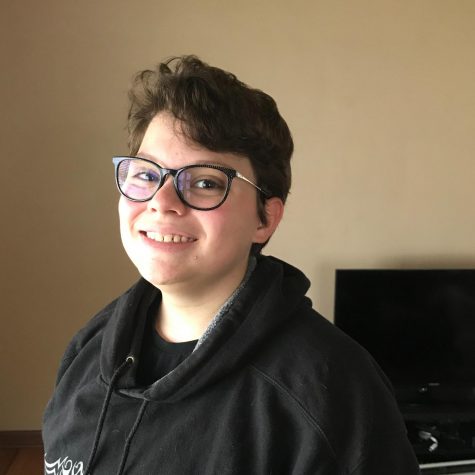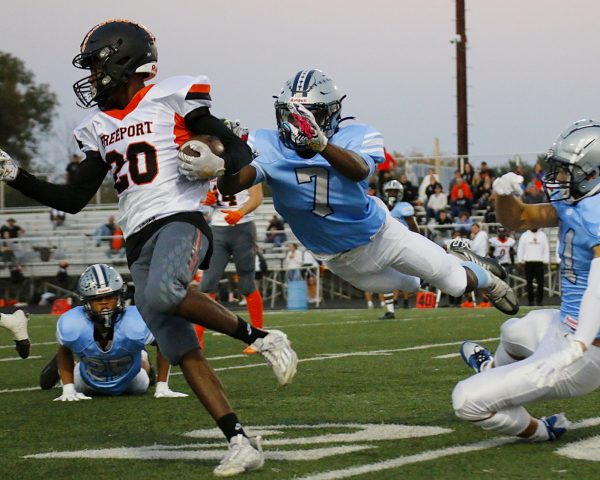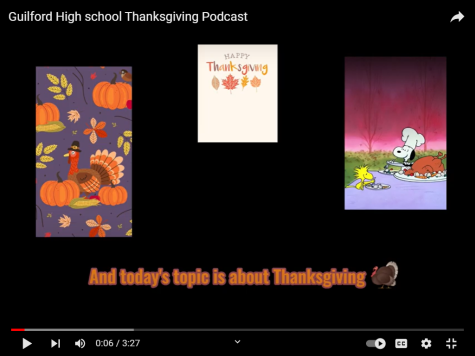Teen dating and healthy vs. unhealthy relationships

Megan Brechon works at the Family Peace center in Rockford as the client services manager. The Family Peace center is a location where a number of different agencies can work together to help victims of abuse, sexual assault, and human trafficking.
“Not all males are the offenders and not all women are the victims,” said Mrs. Brechon. “There is also same sex domestic violence.”
I thought this was a good point because we live in a world where there are even more relationship combinations than just male and female. Another thing brought up in the seminar was that domestic violence doesn’t always start with violence. It can start with name calling, emotional abuse, or financial abuse.
Mrs. Brechon explained that there are four phases of manipulation seen in abusive relationships. The first one is the honeymoon phase. This is the phase where manipulators set rules and boundaries. This is the phase where you think they are the best and things won’t go wrong. The second phase is escalation. It’s where their red flags start to show. Having an explosive incident could mean you broke one of their “rules” or you did something they didn’t like and you get into a huge fight and things may get out of hand. Finally, there is reconciliation and promises. The manipulator will say things like, “I’m sorry, I won’t do that again,” or “It was an accident, I was just really mad.”
One thing people don’t often know about abusive relationships is that the abuse can happen over long periods of time. Also the abuse gets worse because if the abuser just pushed you the first time what can they do in the future?
So now that you know what’s unhealthy here are some things that are healthy: a comfortable pace, trust, honestly, independence, respect, equality, kindness, taking responsibility, healthy conflict and fun.







